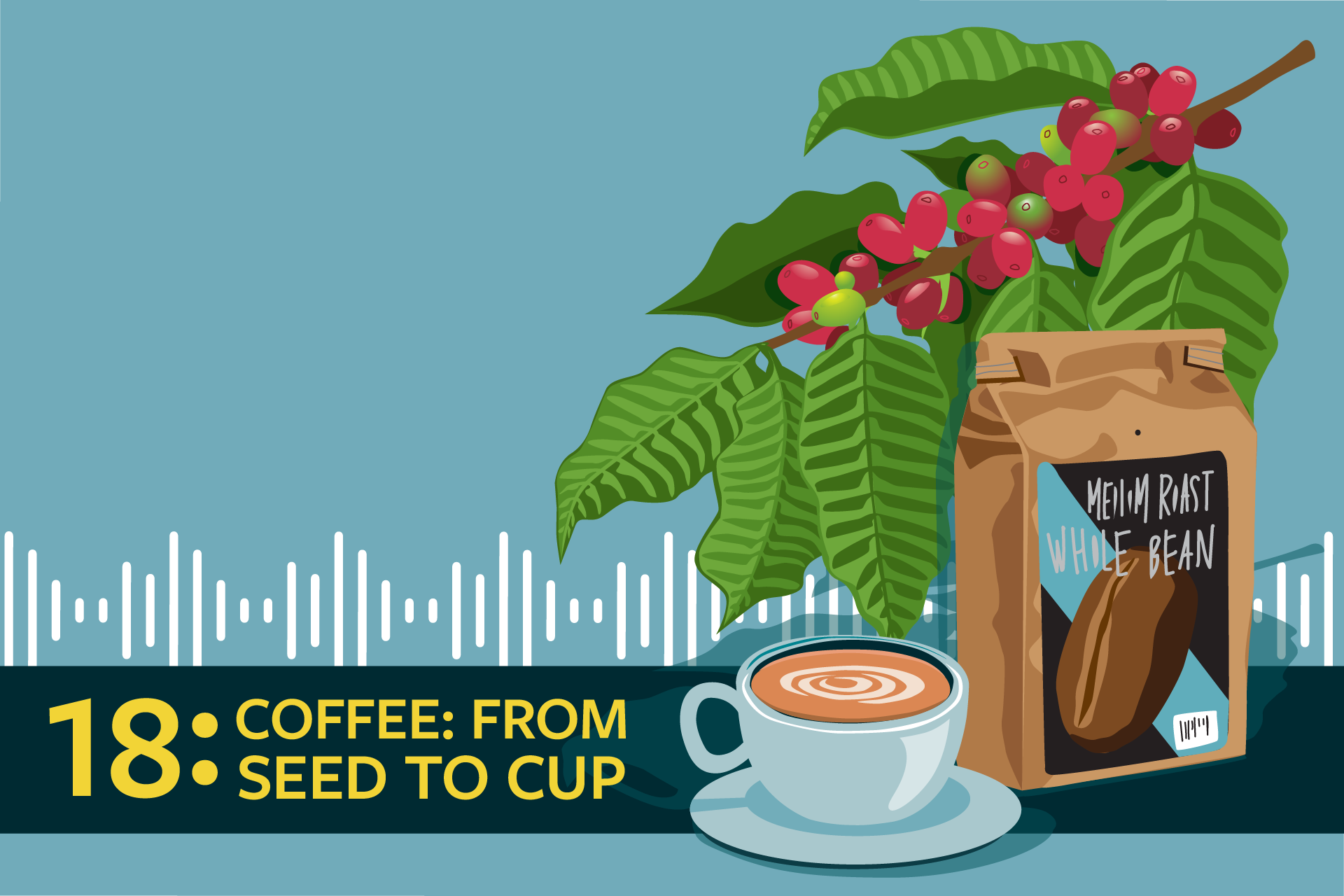Do you know where your coffee comes from?
The exhortation to “get to know” your food by buying it from a farmers’ market or preparing and consuming it in its unprocessed state doesn’t really work that well when it comes to coffee. Most people in this country have never seen a coffee plant or an unroasted berry in person. And unless you live in a select few places in the U.S., you won’t meet a coffee farmer at your local market.
Coffee, which grows in a latitudinal band around the equator, is one of those tropical crops that — thanks to a long and complicated supply chain — remains disconnected from its origins for many people in the United States. Despite the fact that we drink, on average, 440 million cups of it per day.
Thanks to a movement known as Third Wave Coffee, there are people who know coffee’s origins, seeking out particular brands, countries of origin or certifications. They might invest in a fancy grinder or be able to identify certain flavor notes of various beans or roasts. But even the deepest coffee nerds might have some questions about the steps involved in coffee getting to their cups.
In the latest episode of our podcast, “What You’re Eating,” we speak to three coffee experts — Dakota Graff of Onyx Coffee Lab, Bartholomew Jones of Cxffeeblack and Anna Canning of the Worker-Driven Social Responsibility Project — to dive into where coffee comes from, culturally and geographically; how it grows and where; how it makes its journey from those far-flung places to our cups here in the U.S.; what labels and certifications to look for; and what it might mean for coffee, in this country, to be “local.”
Get the latest food news, from FoodPrint.
By subscribing to communications from FoodPrint, you are agreeing to receive emails from us. We promise not to email you too often or sell your information.
Top photo by hedgehog94/Adobe Stock.
More Reading
Can new rules help the organic label get better on animal welfare?
February 8, 2024
Can contract livestock farmers find a second act?
January 24, 2024
Prison food is a national crisis. Sustainable sourcing could be a solution.
January 16, 2024
A new report envisions federal food spending as a force for good
January 3, 2024
Fair trade certifications impede worker organizing, according to new report
December 27, 2023
Lowering wine’s carbon footprint starts with the bottle
November 14, 2023
What does a resurgence in bird flu mean for the Thanksgiving turkey?
November 9, 2023
The true cost of a restaurant meal
October 27, 2023
The biodiversity crisis is about more than genetics
October 24, 2023

